WOMEN’S HEALTH PHYSIOTHERAPY
At MSO Physio we believe in the enormous benefits of Women’s Health and Pelvic Health Physiotherapy. We have a team of physiotherapists, massage therapists, and Pilates instructors who are experienced in assessing and treating a wide range of Women’s Health and Pelvic Health conditions, providing treatment and management tailored to the individual needs of each person.
1 in every 3 women will experience pelvic health problems over their lifetime. We treat women of all ages including teenagers and mums of all ages, through to peri and post-menopausal stages, and into older life.
Our team of specialised Women’s Health and Pelvic Health Physiotherapists assess and treat the underlying causes of pain and dysfunction and encourage an active approach to rehabilitation to improve your quality of life. Our team have attended extensive post-graduate training and deal with each person sensitively and individually to ensure the best possible standard of care.

Mummy MOT
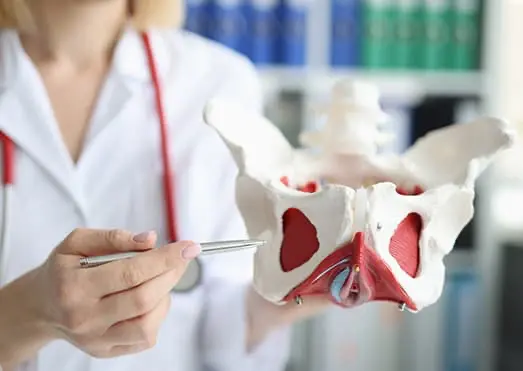
Pelvic Health
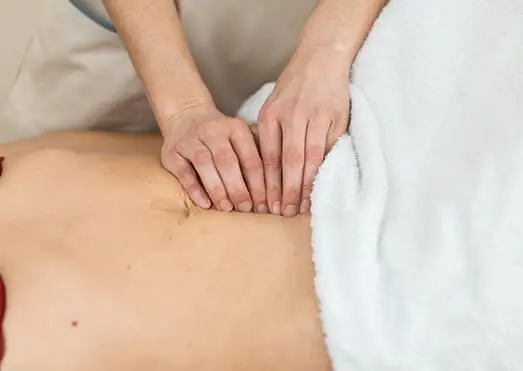
Obstetric and Gynae Surgery
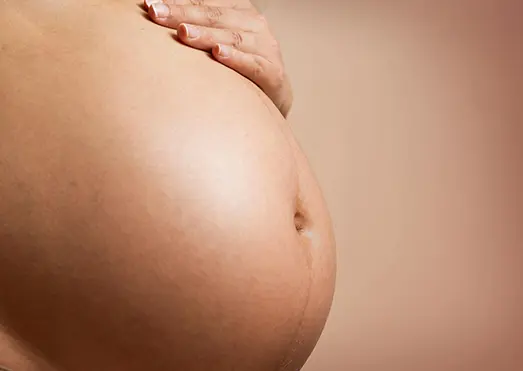
Pregnancy Related Pain

Menopause / Perimenopause

Women in Sport
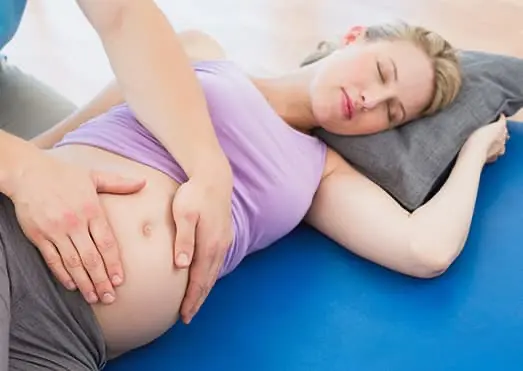
Pregnancy massage
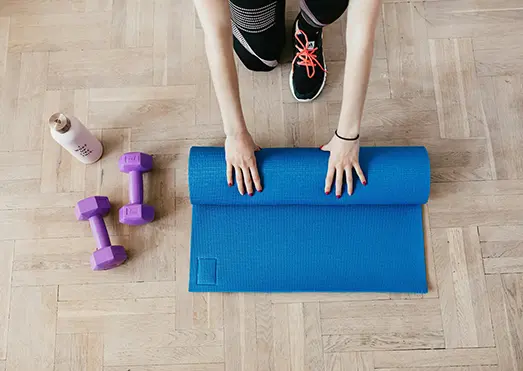
Ante / post natal Pilates
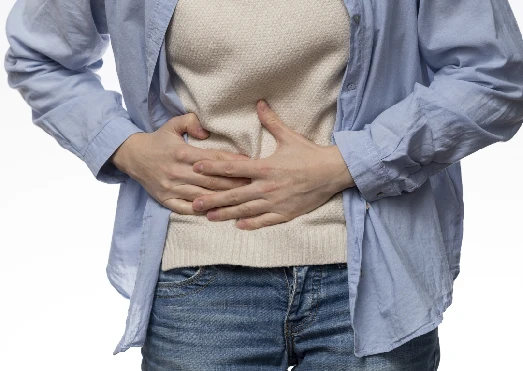
Diastasis Recti
What We Treat
Low and mid back pain
Pelvic girdle pain
Symphysis pubis dysfunction
Rib pain
Postural changes
Rectus diastasis
Bladder and bowel incontinence
Pelvic floor dysfunction
MEET THE TEAM

Jo Fordyce
Specialist Pelvic Health Physiotherapist
Jo is a Specialist Pelvic Health Physiotherapist, with nearly 30 years of experience working in this area.
Jo led the Pelvic Health team at St. George’s Hospital and during this time was involved with developing a multi-disciplinary perineal clinic for women with severe birth trauma. Since then, Jo has continued to work in the NHS, currently working as a Clinical Specialist Physiotherapist at Queen Mary’s Hospital Roehampton, as part of the Urology team, alongside her busy private practice.
Jo’s areas of interest –
- Incontinence
- Prolapse
- Sexual dysfunction
- The Mummy MOT
- Post natal pelvic floor weakness
- Obs/gynae surgery
- Men’s health
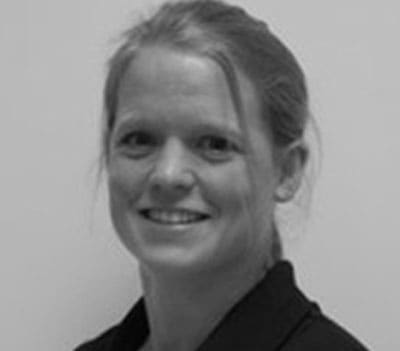
Harriet Jones
Specialist Musculoskeletal And Sports Physiotherapist
Harriet is one of our Women’s Health Physio team based at our Sutton clinic. Harriet qualified as a physiotherapist in 2007 with an MSc (pre-registration) from King’s College London. Following this, she worked in London Teaching Hospitals which included University College Hospital and King’s College Hospital treating a wide variety of musculoskeletal, orthopaedics, sports and pregnancy related injuries. Harriet is a certified Pilates instructor with the APPI, having completed the matwork certification as well as Reformer training and antenatal and postnatal Pilates courses. She has post graduate training in acupuncture, taping and pregnancy related pain.
Harriet’s areas of interest –
- Pregnancy related low back pain
- Pregnancy related pelvic girdle pain
- Rectus diastasis
- Ante / post natal Pilates
- Post natal return to sport and running
- Women in Sport

Liz Amini
Sports Massage Therapist
Liz is our resident Sports Massage therapist at both our Woking and Sutton clinics.
Liz is a Level 4 qualified Sports Massage therapist, and through years of experience in the 5* hospitality sector brings a holistic approach together with exceptional patient care, working closely with the Physiotherapy team to ensure faster results. Liz enjoys sharing her knowledge and helping clients understand the nature of their problem, and combines her techniques in a way that’s individual to each patient. Liz is able to aid recovery from injury, improve soft tissue function, relieve tension and stress, and improve posture and performance for individuals from all walks of life.
Liz’s area of interest-
ASSESSMENT OPTIONS
MUMMY
MOT
60 MINUTES
£130
Post Natal
Follow-Up
30 MINUTES
£65
PELVIC HEALTH /
WOMEN’S HEALTH ASSESSMENT
60 MINUTES
£130
PELVIC HEALTH /
WOMEN’S HEALTH FOLLOW-UP
30 MINUTES
£65
Post-Natal Return to Sport /
Running Assessment
60 MINUTES
£130
Pregnancy
Massage
60 MINUTES
£75
Pregnancy
Massage
45 MINUTES
£60
Pregnancy
Massage
30 MINUTES
£45
Our initial assessments and MOT’s are designed to provide you with information to start your journey to recovery and beyond, but often follow-ups are required to assess progress, problem solve or trouble shoot. These are generally shorter than first appointments but can be booked for longer sessions based on the needs of the individual.
A Women’s Health Follow Up will include:
• A review of symptoms, problems, goals etc…
• Any further assessment required based on the initial or any new problems
• Continued advice, progression of exercises etc…
• Any planned treatment interventions
• Goal setting and planning for further sessions if required
READY TO BOOK?
If you’re ready to book your appointment click below, if you have any questions you’d like to ask before booking please contact us by phone on 0208 254 2150 or email us at info@msophysio.com and we’ll be in touch with you asap.
CONTACT US
Use one of the methods below or the contact form & we'll get back to you asap
info@msophysio.com
020 8254 2150
Rosehill Park, Sutton, Surrey, SM1 3HH
Woking SportsBox, Egley Road Woking, Surrey, GU22 0AF.